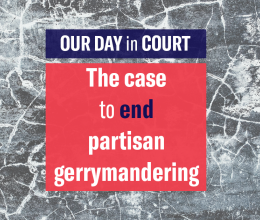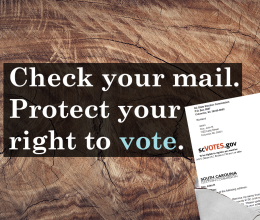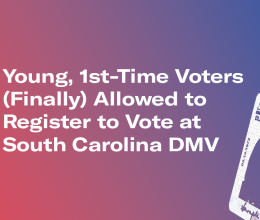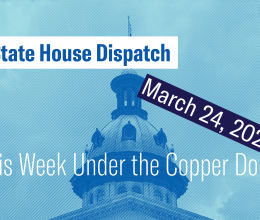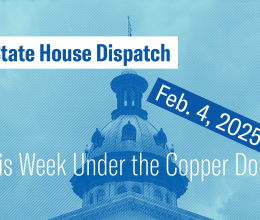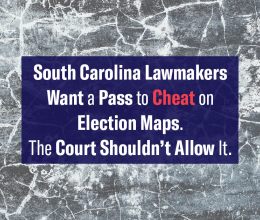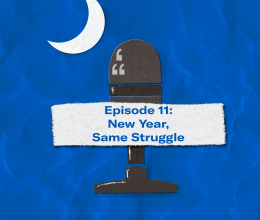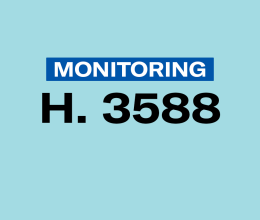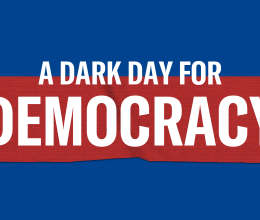
February 26, 2013. Columbia, SC (WLTX). Changes to South Carolina voting laws could soon go through without requiring approval from the federal government.
Wednesday the Supreme Court will hear a case that could do away with a portion of the 1965 Voting Rights Act, calling them unconstitutional.
Several South Carolina organizations came together to rally against any changes.
Delores Freelon, a woman whose birth certificate does not have her named joined the group.
"I've lived in several states starting with California my home, and then Arkansas, Louisiana, Texas, and New York, and I come to South Carolina and they rejected my birth certificate," said Freelon.
The problem that would have prevented her from voting in the 2012 election if the U.S. Justice Department had allowed South Carolina's voter ID law to go into effect right away.
"I wouldn't have been able to vote, so I was fighting hard for my vote because my one vote counts!" she said.
Freelon's name was listed in the case, and now she is lending her voice along with groups like the NAACP, League of Women Voters, the South Carolina Progressive Network and the South Carolina American Civil Liberties Union, telling the Supreme Court and others that the review process that comes with the Voting Rights Act should remain in place.
Section 5 of the Act aims to prevent election officials in places with a history of discrimination, including South Carolina, from changing their voting procedures unless they first prove the changes will not hurt minorities.
The pre-clearance portion of the Voting Rights Act applies to nine states and parts of seven others.
"As recently as last year we faced this challenge to voter access in our state. So we don't think the time has come when we can do without the protection of the Voting Rights Act," said Victoria Middleton with the ACLU.
The case out of of Shelby, Alabama has asked the Supreme Court to declare parts of the the Voting Rights Act unconstitutional.
South Carolina Attorney General Alan Wilson is backing the case on the side of Shelby, Alabama.
He wrote a brief saying the state is being held hostage by an outdated law and that having to get pre-clearance cost the state millions of dollars that others do not have to pay.
As for Freelon, she is still fighting to get her situation settled, but while she is working, she continues fighting for what she believes.
"As the Constitution says 'we the people,' and if it's gonna be we the people that means everybody let it be equal for everybody," said Freelon.
The pre-clearance portion of the Voting Rights Act applies to nine states and parts of seven others.
Six of the nine states under the full requirement are siding with Shelby County Alabama in the case.

